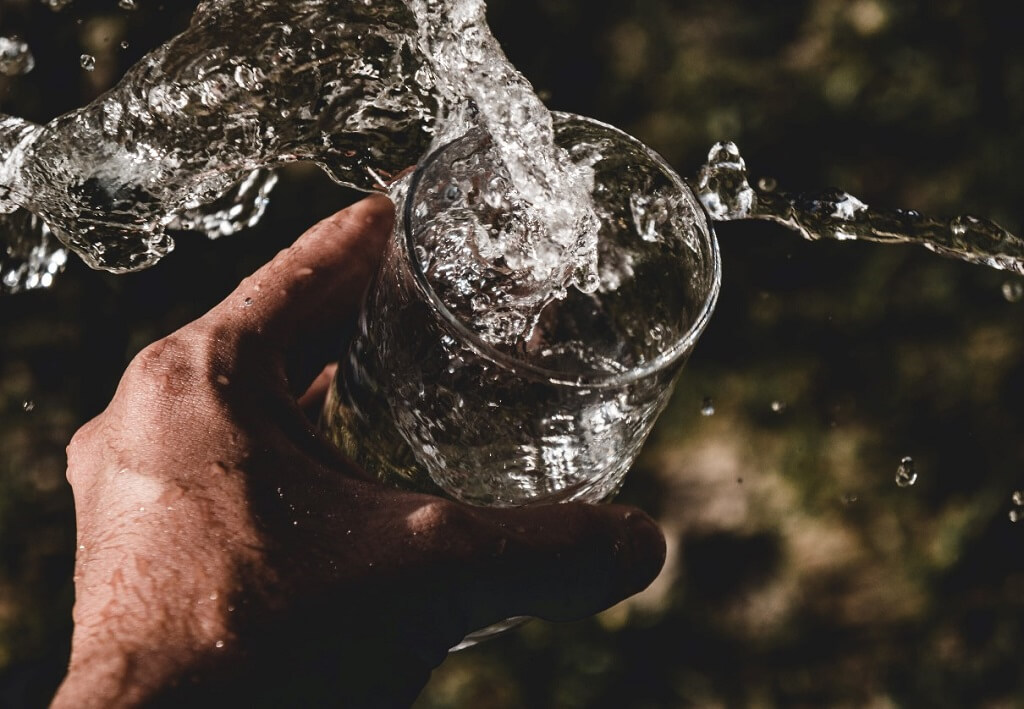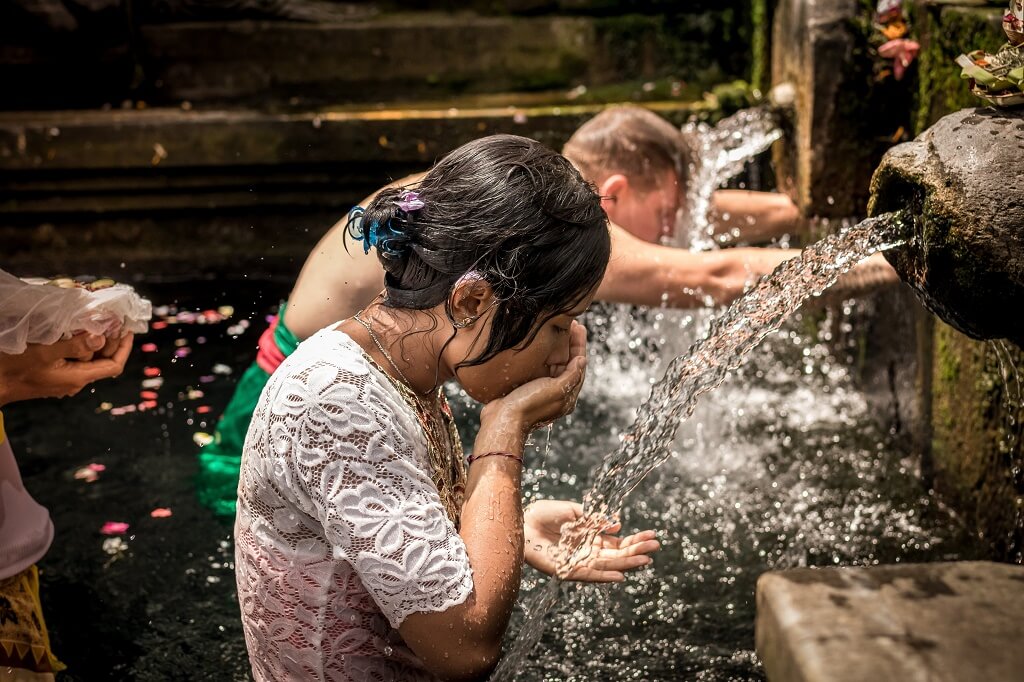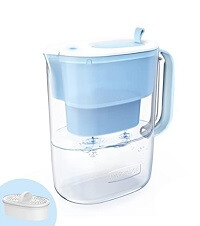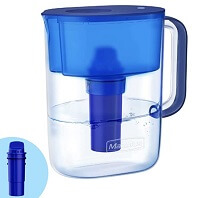Importance of Water Quality
Water is one of the most fundamental needs to support people’s livelihood.
Access to water and sanitation is even recognized by the United Nations as human rights, which reflects the
crucial role of water in human lives. However, humanity is facing several challenges as water sources and
availability become a pressing issue that needs to be addressed.
Water quality can be defined as a measure of the suitability of water for a
particular use, based on the following three characteristics:
- Physical: temperature, colour, light, sediment suspended in the water
- Chemical: dissolved oxygen, acidity (pH) level, salinity, nutrients, and other contaminants
- Biological: bacteria, algae, and phytoplankton.
The Standard of Drinking Water

Safe water is not necessarily pure, it has some impurities in it. It
contains some traces of salts such as magnesium, calcium, carbonates, bicarbonates and others. The degree of
purity and safety is a relative term and debatable. According to the monitoring organizations under the
supervision of the Joint Monitoring Program (JMP), "safe drinking water" is defined as water from "improved
sources" which include domestic connections, public standpipes, boreholes, protected dug wells, protected
springs and rainwater harvesting. According to the same organization, "access to safe drinking water" is defined
as access to at least 20 liters of water per person per day from an "improved" source within a 1-kilometer
radius of the user's residence.
In 1974, Congress passed the Safe Drinking Water Act, prior to which the
federal Environmental Protection Agency was responsible for setting a series of federal public drinking water
safety standards and overseeing their implementation, which greatly improved the safety and health standards of
tap water, allowing people to drink with confidence and boldness. According to the provisions of the Drinking
Water Safety Act and its amendments, any company that provides tap water to the public must accept the
supervision of the EPA and report to the EPA on water quality, To be open and transparent.
How Tap Water Affects Your Allergy Symptoms
To make tap water safe for drinking and bathing, municipalities add chlorine
and other chemical purifiers to their water systems. However, some of these chemicals can disrupt our body’s
hormones. These purifying chemicals can interfere with our immune systems. When your body’s immune system
identifies an allergen like dust, peanuts or shellfish as a potential danger, it will release antibodies to
attack the foreign substance.
Chlorine
Chlorine, which is primarily added to water to kill
bacteria, could exacerbate allergy and asthma symptoms. In fact, research suggests that even the fumes from a
steamy shower in chlorine-treated water could trigger an asthma attack. Other research has linked chlorine
exposure to conditions ranging from skin and eye irritation to respiratory issues like bronchitis.
Dichlorophenol
In recent years, another type of water purifying chemical that has been
called into question is known as dichlorophenol. One study tested more than 10,000
Americans and found that those with the highest levels of dichlorophenol in their urine were more likely to have
food allergies, which currently affect some 15 million Americans.
Symptoms of Water Allergies
For people who are allergic to water, probably suffering with a condition
known as aqua-genetic urticaria, or water-caused hives. The severity of the allergy varies widely, from barely
noticeable to severe. Aqua-genetic urticaria, first described in 1964, is very rare. Patients are not allergic
to drinking water. However they can be allergic to their tears if they cry, and even their own sweat. Patients
can be allergic to saliva, too. While a simple peck on the cheek or lips shouldn’t be much of a problem since
symptoms generally depend on dose, you could pay a high price for very passionate kissing. Bathing is the
biggest problem for them. They tried to take very short showers and then dry off very quickly. In order to avoid
more severe symptoms.
How to Prevent Allergy in Drinking Water
Using a water filter can avoid allergies effectively. There are several good
reasons of using a water filter.
First, it solves the secondary pollution of tap water. Tap water disinfected
by chlorine, can kill viruses, bacteria, but can not remove heavy metals, volatile substances, etc.; tap water
after long-distance transport through the pipeline, vulnerable to secondary pollution. Then, it’s unlike bottled
water cost extremely high. Bottled water is classified as daily water by a few families, one reason is that its
cost is too high, and bottled water is purified water, lack of trace elements and minerals, long drinking is not
suitable for human health. Moreover, it can achieve the standard of raw drinking, and the cost is lower. Water
purifier can effectively separate and remove all kinds of pollutants, such as bacteria, residual chlorine, heavy
metals, volatile substances, rust, sediment and other impurities and harmful substances in the water, and the
cost is much lower compared to the barrel water, the mouth feel good, good water quality, is the most ideal
drinking water solutions for families
Recommended Water Filter Products
Waterdrop 200-Gallon Long-Life 10-Cup Water Filter Pitcher
This water filter can efficient filtration, to reduce chlorine, taste, and odor. What’s more, the filter also helps soften the water and improve the taste.
It's easy and friendly designed, The silicone strap is designed to offer you more convenience. The dust-proof lid ensures dust does not get into the filtered water, keeping it clean and safe for drinking. The intelligent filter life indicator monitors the filter status and reminds you to replace the filter cartridge in time.
This pitcher delivers a fast flow rate of up to 0.5 gpm. You only have to wait for a minute to fill your 10-cup capacity pitcher at this filter rate. 2) You can get up to 3 months of filter life or 200 gallons of filtered water from this filter. This will save your money and the planet.
The water filter pitcher is also made of tough materials to eliminate the possibility of a crack and the resulting risk of water leakage. The lid can perfectly fit the pitcher while pouring the filtered water.
Maxblue MB-PT-06B 10-Cup NSF Certified Water Filter Pitcher
This filter adopts coconut activated carbon particles, 2x food-grade ion exchange resin, and non-woven fabric to soften water, and reduce a wide range of harmful substances, including sand, rust, lead, fluoride and many other heavy metals from your water.
The design of wide mouth makes cleaning easy. There is also an indicator light that reliably reminds you to change the filter cartridge every two months while monitoring the filter life 24/7.





